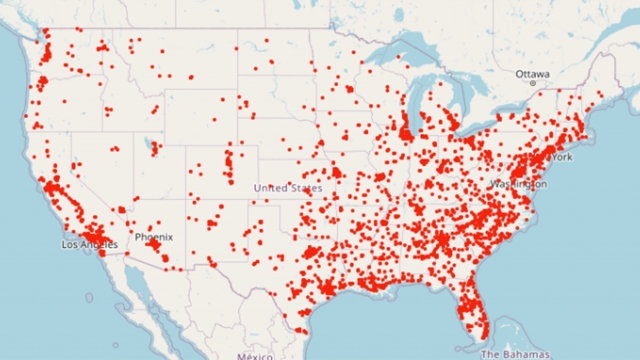Mariner obtained a smart TV a couple of years ago. He and his wife should have spent that money on a TV tower so they could get local broadcasting. The streaming TV world is a lot like the metaverse; the past, present and future all are presented simultaneously – mostly the past and mostly over and over again. News broadcasts are verboten – even when rebroadcast over and over again. (When is new news not new anymore?)
Mariner and his wife are not movie watchers and the sitcoms have become irrelevant. There isn’t much except a few quite good documentaries and British detective mysteries. Now that we’ve worked out the plotline, the mysteries seem to be too long.
It has been one of very few recent research projects mariner has pursued, that is, the plotline of British mysteries. American detective mysteries have a tendency to introduce the guilty character as the third new character in the episode, often disguised as someone who will play a minor, innocent role later on. American mysteries frequently involve a time-sensitive chase scene at the end.
British mysteries, however, are much more convoluted. There are three components to a British mystery: Plot A, Plot B and an independent conclusion to the mystery.
The main purpose of Plot A is to discover the mystery. Do not look for clues – there aren’t any. Plot A introduces a general environment which typically has two politically divided factions. This bifurcation is unrelated to the mystery.
Plot B also has nothing to do with the mystery. Plot B is used as a time-flexible subplot to fill an hour or two. In this regard, Plot B often introduces secret romantic or business liaisons which are juxtaposed to Plot A’s bifurcation. [Aren’t big words neat?] The viewer knows they are in Plot B when irrelevant personal relationships pop up or a specified member of the permanent cast becomes the center of attention. Often, Plot B will add additional murders or misconduct to remind the viewer that an unsolved mystery is afoot.
The independent conclusion begins by adding a new dimension to one of the characters that has been hanging around since Plot A. Suddenly the viewer is presented with a list of unknown motives. This doesn’t take long, perhaps ten to fifteen minutes. The mystery is solved. Cut to commercial.
Ancient Mariner


 that will provide psychological counseling. Mariner doesn’t understand this offer. Isn’t an avatar to the metaverse as a pinball is to a pinball machine?
that will provide psychological counseling. Mariner doesn’t understand this offer. Isn’t an avatar to the metaverse as a pinball is to a pinball machine?